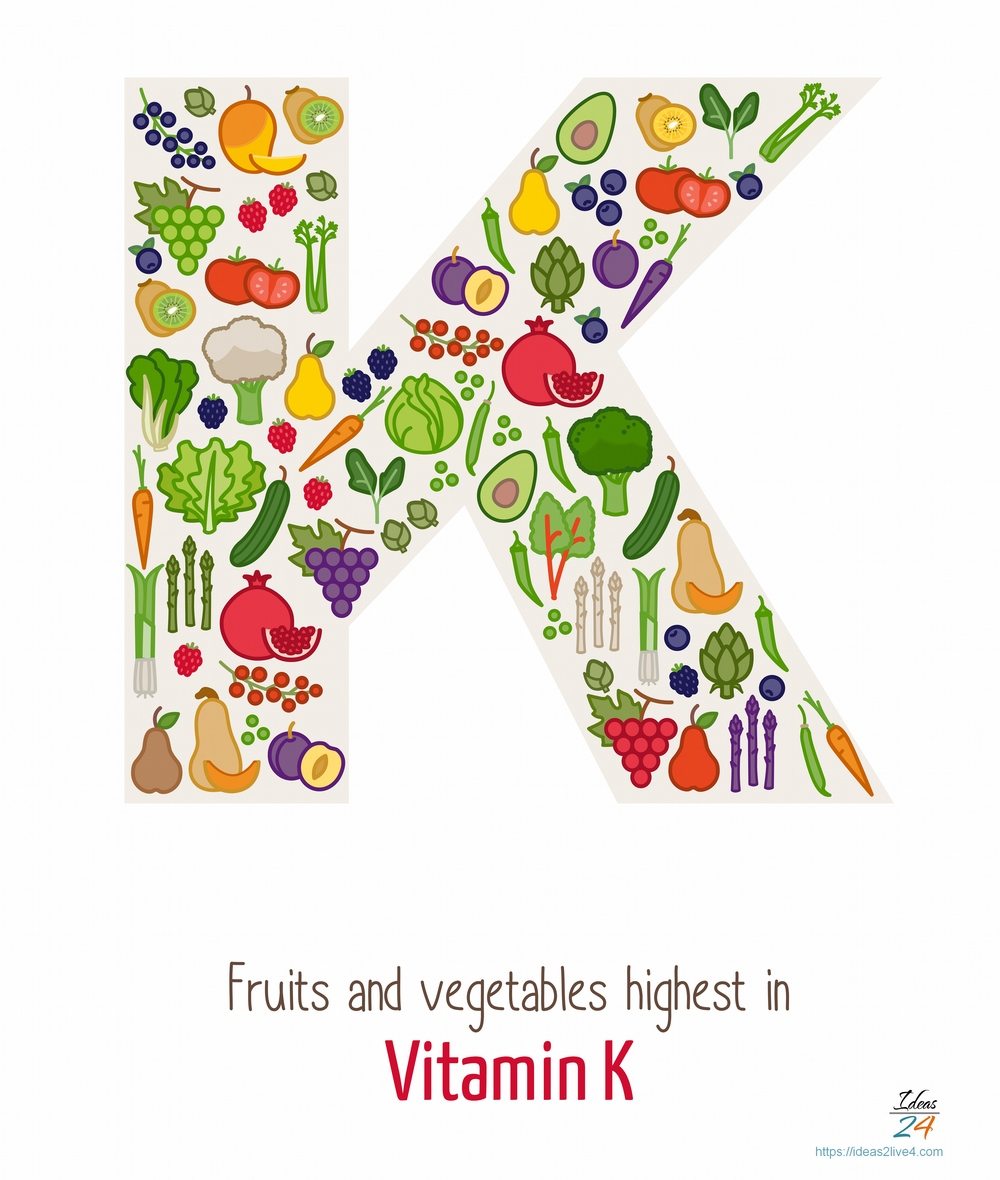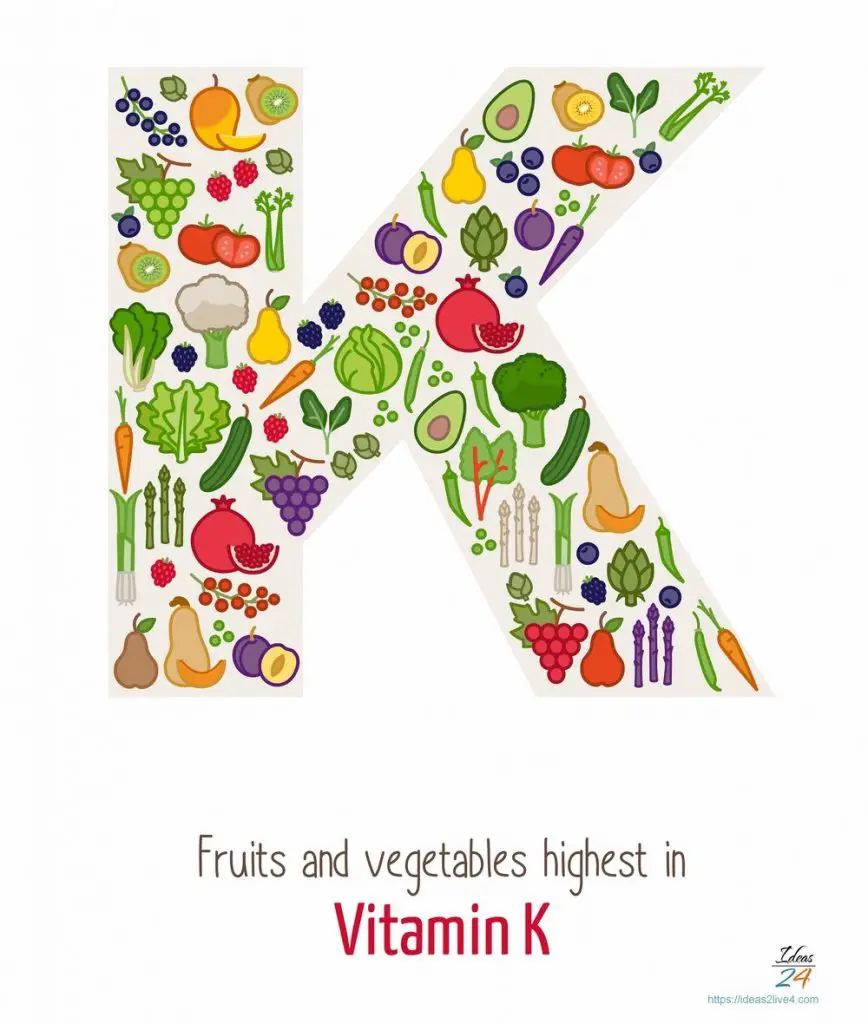The last, but certainly not least, among the long list of vitamins is vitamin K. It is fat-soluble in nature and plays an important role in three body processes: regulation of calcium levels in the blood; bone metabolism; and blood clotting.
It is interesting to note that the K in vitamin K actually stands for its German name, “Koagulationsvitamin.” This is because the vitamin is primarily known for its effect in helping the blood “coagulate” or form a clot.
The Basics of Vitamin K
Vitamin K plays various important roles in normal growth and development. It promotes bone health by improving bone density, maintaining strong bones, and preventing fractures. Cognitive-wise, it helps improve the episodic memory of elderly people.

Among all of its functions, the most popular is its ability to stimulate clotting. Vitamin K activates a specific protein known as fibrin which causes the blood to clot. The vitamin is also associated with decreased risk of heart disease, cancer, and stroke.
Why You Need More Vitamin K
Vitamin K deficiency is rare, although there are certain conditions that cause malabsorption. Examples are cystic fibrosis, short bowel syndrome, ulcerative colitis and celiac disease.
The number one symptom of vitamin K deficiency is excessive bleeding. And we’re not just talking about wound bleeding here because you can literally bleed anywhere. Symptoms include easy bruising, dark stools, bleeding gums, nose bleeding, and small blood cuts that appear underneath the nails.
Taking Too Much Vitamin K
Vitamin K is generally safe at recommended doses. However, there are special cases where it is necessary to observe precautions.
Pregnant and breastfeeding women and those undergoing dialysis should first consult with their doctor before taking vitamin K supplements. This is in addition to eating vitamin K-rich foods.
People diagnosed with G6PD and those taking Coumadin (warfarin) should not take vitamin K supplements.
Sources of Vitamin K
There are two types of vitamin K food sources. Vitamin K1 comes from leafy greens and other vegetables while Vitamin K2 comes from dairy products and animal-based foods. Vitamin K2 is synthesized by bacteria found in our guts.
Here are some vitamin K-rich foods:
- Kale (444 mcg per ½ cup)
- Scallions (103 mcg per ½ cup)
- Cabbage (82 mcg per ½ cup)
- Brussels Sprouts (78 mcg per ½ cup)
- Prunes (52 mcg per ½ cup)
- Salad greens (50 mcg per ½ cup)
- Cucumber, medium (49 mcg)
- Broccoli (46 mcg per ½ cup)
- Dried Basil (36 mcg per 1 tbsp.)
- Asparagus (28 mcg per ½ cup)
Are you satisfied you’re getting the vitamin K you need? You can download and print a large format version of our Vitamin K graphic here…






